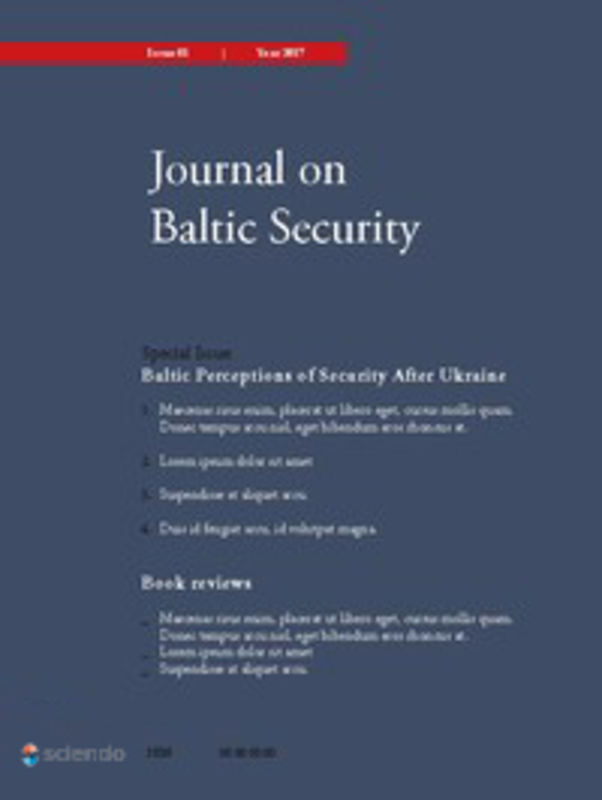Volume 7, Issue 2 (2021), December 2021

Order by:
Pub. online: 13 Dec 2021
Type: Research Article
 Open Access
Open Access
Abstract
Pub. online: 30 Dec 2021
Type: Research Article
 Open Access
Open Access
Abstract
Pub. online: 30 Dec 2021
Type: Research Article
 Open Access
Open Access
Abstract